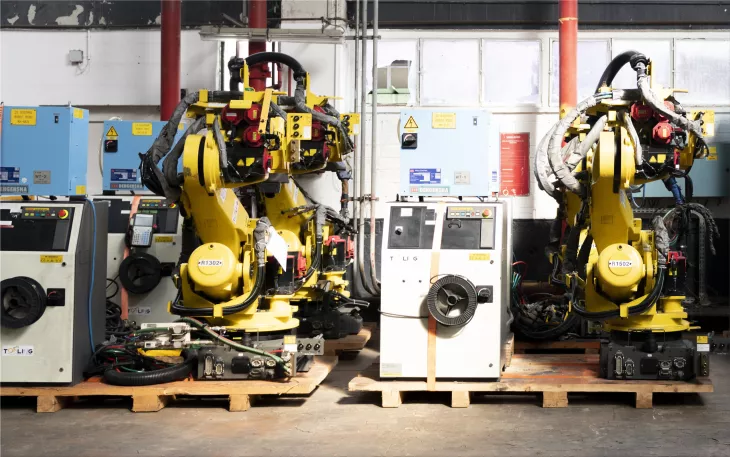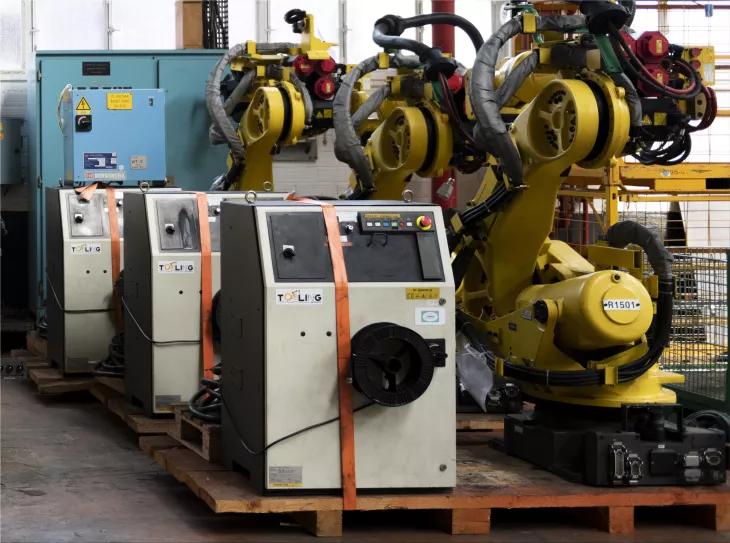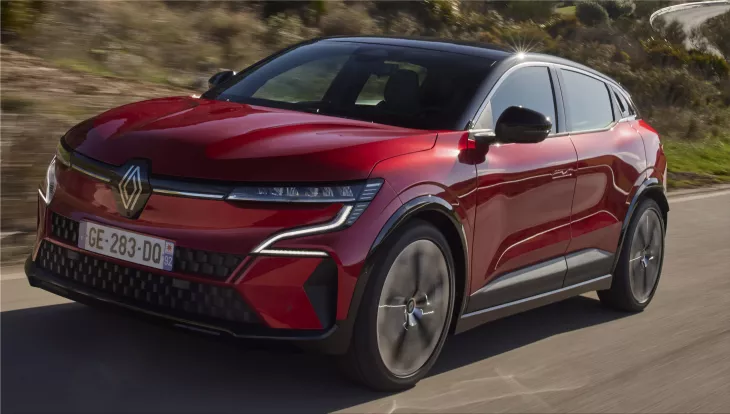Renault is not just talking when it comes to recycling vehicles and components. At the Re-Factory in Flins, the robots that assemble automobiles are also recycled. The economy, ecology, and adaptability would all benefit from this.
At the Re-Factory in Flins, the robots are "in line" like they're at the annual robot gathering in Ldre Sagen. But the many yellow industrial robots aren't just waiting for the scrap heap to end their lives. They're also waiting for a fresh start.
In just one year, the Flins factory shifted its focus from making new cars to focusing on the circular economy. This includes recycling and reusing used vehicles and parts and refurbishing machinery. Even the oldest industrial robots get a second chance at life and at least 20 years of youth and vitality when used in factories.
Renault's factories in Sandouville, Maubeuge, and Douai are the source of the robots looking for a second chance at life. In Flins, they are being put back together after having been dismantled, tested for flaws, and updated with new electronics and other components.
It takes around 40 hours to convert a defunct robot to make a different car model from the one it was originally designed for. In 2021, the Kangoo factory in Maubeuge shipped the first 18 robots to Flins. The new Renault Megane Electric is now being manufactured with the help of the 18 robots at the Douai plant. The much-anticipated Renault 5 Electric is also made in Douai. Five new industrial robots have already been ordered for this project.
Renault has saved money on new robots and reduced the delivery time for a robot from 40 to 20 weeks by collecting all robots at the Flins factory and updating them for a new working life. Renault plans to update 170 industrial robots, saving over $2.9 million annually.


































